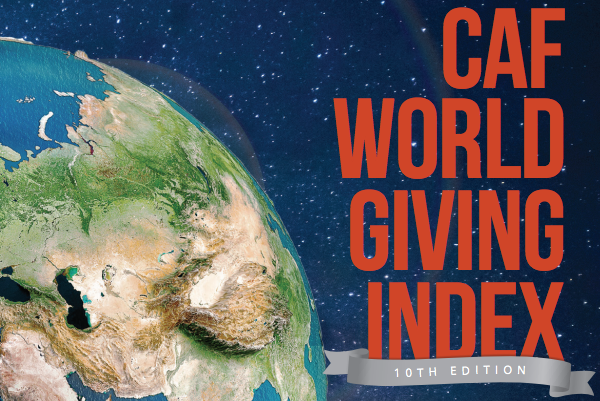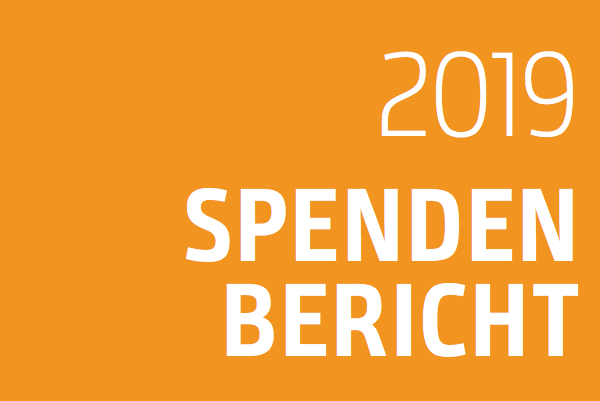
EFA Skillshare highlights: Talk impact or the sector will continue being judged on costs
December 4, 2019
Ireland, UK & Netherlands among most generous countries globally
December 4, 2019Donations will reach an all-time high in Austria this year, according to the Austrian Fundraising Association’s National Donation Report for 2019.
This is the tenth edition of the annual Spendenbericht report, which focuses on trends in donation behaviour and philanthropy.
It reveals that in 2018, Austrians donated €685 million – €25 million more than in 2017, and, despite a weaker growth rate of 2.2%, overall donations are expected to reach an all-time high of €700 million in 2019.
On average, while the largest 50 charity organisations saw an increase in donations, medium-sized charities had the best year in 2018, recording a disproportionately strong growth of 7%.
Smaller charities however did less well with the majority seeing donations stagnate. According to the report, the rules around the tax deductibility of donations, which allows the public to deduct donations up to the value of 10% of the previous year’s taxable income but only on gifts to 5% of charitable organisations, are likely to have impacted their donation levels, as is GDPR, and a lack of investment in fundraising.
Overall, donations to universities, bequests, and permanent donations continue to grow with universities showing significant growth of 14%.
The most popular causes for Austrian donors are child support, animals, national emergency relief, and homeless people. The strongest drivers for donating include having a clear understanding of what an organisation stands for and the purpose of the donation. Sympathy with the organisation and concern with the plight of others are also strong reasons for giving.
Commenting on the drivers for giving in the report, Philippe Tobler, Associate Professor of Neuroeconomics and Social Neuroscience, at the University of Zürich said:
“Modern behavioural economics and psychology have developed several explanatory approaches for why people donate, such as the need to help others in need, an aversion to inequality in the distribution of wealth, empathetic concern for the fate of others, the positive feeling of doing good or acting right, improving one’s reputation and the avoidance of guilt.
“Donor and recipient specific, individual and situational factors also play a role. For example, we tend to help people who are both similar and close to us more than those who are with us but with whom we have little in common. Women donate more often; men give larger amounts. In situations where others donate a lot or where we observe each other we tend to donate more than in situations where others donate little and we feel unobserved.”
Overall, approximately 64% of all Austrians give charitably. Vienna is in the lead with 71% of people donating, while Salzburg, Tyrol, and Vorarlberg see the biggest average amount donated at €124.
Meanwhile, one million Austrians are using the advantages of the tax deduction with almost every third Euro donated deducted from income tax. In addition to their monetary donations, the Austrians also engage in voluntary activities, with approximately 3.5 million people (46% of over 15-year-olds) active on a voluntary and unpaid basis.




